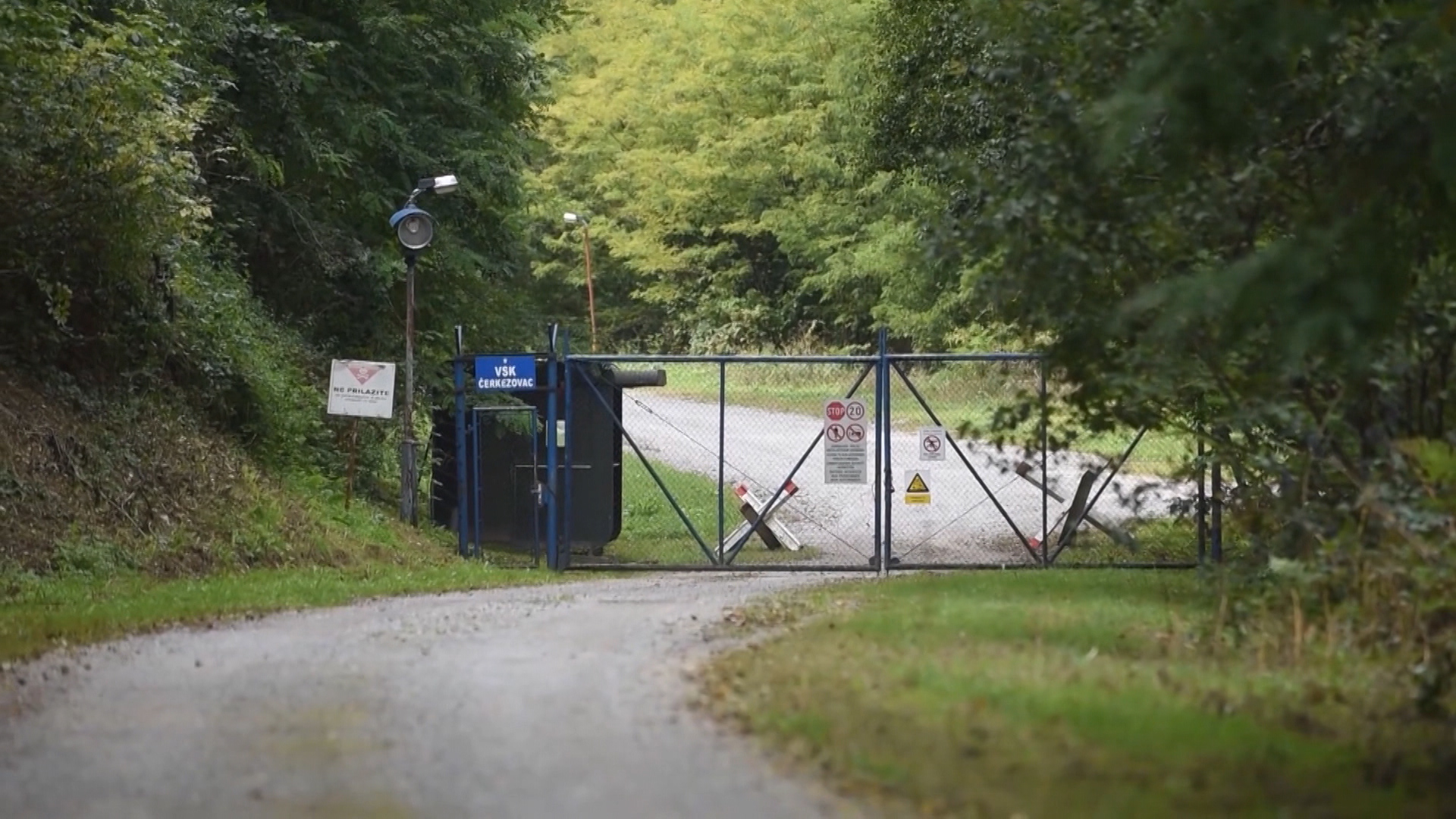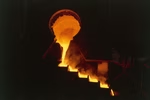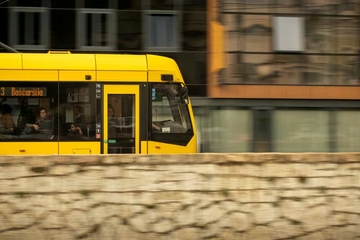Radioactive waste facility at Trgovska Gora expected to start operating in 2026

The construction of a radioactive waste storage facility in a former army barracks on Mount Trgovska Gora in Dvor municipality is expected to begin in 2025 and the facility is expected to start operating in 2026, the Ministry of Economy and Sustainable Development has told Hina.
On-site examinations and measurements carried out so far do not indicate a possible negative outcome of the environmental impact study. However, final confirmation of the suitability of the Cerkezovac barracks as the site of the Radioactive Waste Management Centre is subject to the results of the analysis of the study, which will be made public, the Ministry said.
The study will set out measures to prevent a negative impact of the operation of the radioactive waste storage facility on the environment.
Seismological stations have been set up on the site of the future facility and at two other locations and included in the network of seismographs and accelerographs of the Croatian Seismology Service. Real-time data transmission to the Seismology Service in Zagreb and the Hydrometeorological Service in Banja Luka, Bosnia and Herzegovina has been ensured.
However, “the meeting with representatives of Bosnia and Herzegovina gives rise to the conclusion that there is not even the slightest readiness on their part to accept proof that the project will not affect the environment, despite the fact that expert arguments and the preliminary results of examinations show that there will be no cross-border impact of the regular operation of the storage facility,” the Ministry said.
PM: Croatia to apply the highest security standards
At a joint session of the governments of Croatia and Bosnia and Herzegovina in Zagreb on 20 June, Croatian Prime Minister Andrej Plenković said that Croatia would apply the highest security standards in the construction of the radioactive waste storage facility.
He said that the facility would be built in a hilly, uninhabited area where low and medium-level radioactive waste from the Krško nuclear power plant, co-owned by Slovenia and Croatia, would be stored. He stressed that the waste in question “radiates very little” and that spent nuclear fuel, which is highly radioactive, would not be stored there.
Asked by the press about the choice of the location of the storage facility and its closeness to the border with Bosnia and Herzegovina, Plenkovic said that this decision was made by Croatia autonomously.
Bosnia and Herzegovina’s Foreign Trade Minister Stasa Kosarac said that he would seek the EU’s support in finding a new location for the storage facility. He said that this location was unacceptable because the radioactive storage facility would pose a threat to the health of the local population.
Kosarac has requested a meeting with EU foreign policy chief Josep Borrell to express his opposition to Croatia’s plan to build the radioactive waste storage facility at the border with Bosnia and Herzegovina.
Nikola Arbutina, the head of Dvor municipality (situated about 100 km south-east of Zagreb, near the border with Bosnia and Herzegovina), has told Hina that all the residents are opposed to the plan to dispose of radioactive waste in their municipality. “The Municipal Council has said twice it is against, the citizens have said they are against and I as head of the municipality am against,” he said.
Arbutina said that radioactive waste should be stored at its source, at the Krsko nuclear power plant.
He noted that the focus of the municipal development strategy is small and medium enterprises, organic farming and tourism. “Who will buy a holiday home by the River Una, who will buy land or an organic product” if a radioactive waste storage facility is built here, he asked bitterly.
Meanwhile, the Ministry of Economy and Sustainable Development is continuing a campaign to persuade “all doubting Thomases” that the Radioactive Waste Management Centre will not be harmful to the local population and environment.
Among other things, it opened an info centre in Dvor last year and issues monthly news updates on activities concerning the establishment of the Centre.
“All these activities are part of the efforts by the Fund for financing the decommissioning of the Krško nuclear power plant and the disposal of radioactive waste and spent nuclear fuel to make the project more acceptable to the local community. We believe that the forthcoming adoption of a decree on compensation to the local community will also be a positive step,” the Ministry said.
Kakvo je tvoje mišljenje o ovome?
Učestvuj u diskusiji ili pročitaj komentare





 Srbija
Srbija
 Hrvatska
Hrvatska
 Slovenija
Slovenija



























































